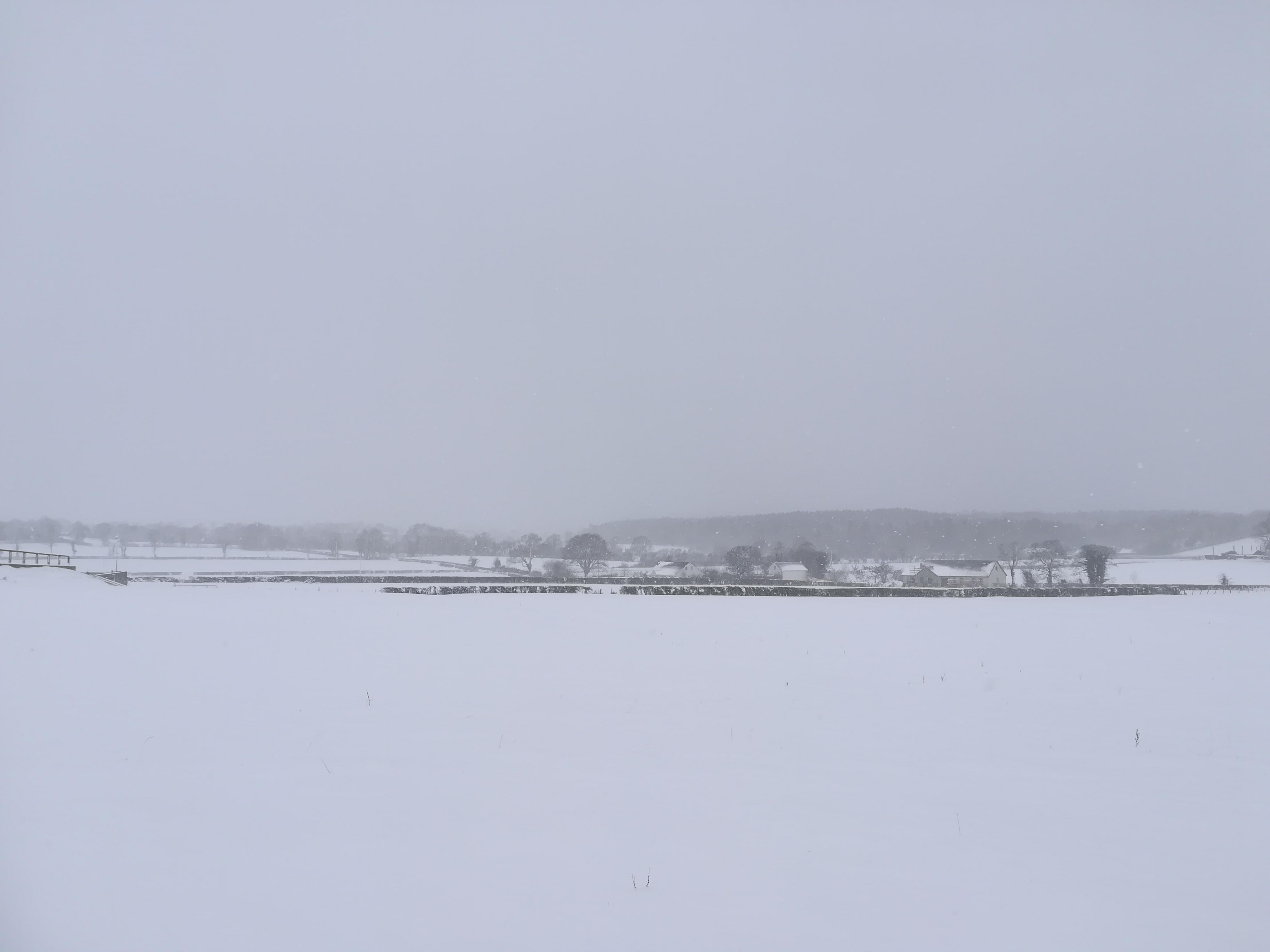
Armagh experienced its coldest February in eight years – with temperatures dropping to a low of -12.6 degrees!
At the same time, Armagh Observatory said it was also wetter than average – but the sunniest February in the city for 14 years.
Taking the three meteorological winter months as a whole, – December 2017 to February 2018 – the winter just ended has been cooler and wetter than average, but with approximately 12% more sunshine.
Total February precipitation was 61.8 mm (2.43 inches), including four trace values, approximately 14% more than the average February precipitation at Armagh.
Snow was reported as falling on nine days, and snow cover on 10 days.
The wettest day was the 10th, with 19.0 mm of precipitation, followed by the 8th with 6.9 mm.
The mean monthly temperature was a little less than 3.7 degrees Celsius (38.6 degrees Fahrenheit), 0.9 C cooler than the long-term (1796-2010) average February temperature at Armagh and 1.2 C cooler than the most recent (1981-2010) 30-year February average.
This was the coldest February at Armagh for eight years – since February 2010.
The warmest day (highest maximum air temperature) was 12.0 C, which occurred on the 19th, followed by 11.9 C on the 20th. The warmest night (highest minimum air temperature) was 6.2 C on the 19th.
The coldest night occurred on the 27th, with a lowest minimum air temperature of -4.5 C.
Among 26 nights with ground frost, the lowest was -12.6 C on the 27th.
Each of the nights from 25th to 28th February recorded very sharp ground frosts, with minimum grass temperatures less than or equal to -9.0 C.
March 1st – the first day of the meteorological spring – was the third coldest such day on record at Armagh.
There were 11 nights with air frost.
With 96.6 hours of strong sunshine, 40% more than the most recent (1981-2010) 30-year February average at Armagh, this was the sunniest February at Armagh for 14 years – since February 2004. The sunniest day was the 25th, with 9.2 hours of strong sunshine, followed by 8.2 hours on the 9th.
As a whole winter was “cooler and wetter than average, but rather sunnier”.
Total winter precipitation was 268.0 mm, including 18 trace values, approximately 30% wetter than average. The mean winter temperature was 4.50 C. This is 0.09 C warmer than the long-term (1796/1797-2010/2011) average winter temperature at Armagh, and 0.35 C cooler than the most recent (1981/1982-2010/2011) average.
This was the coldest winter at Armagh since winter 2014/2015. A total of 179.5 hours of strong sunshine were recorded, approximately 12% more than the long-term (1881/1882-2010/2011) winter average for strong sunshine at Armagh.




